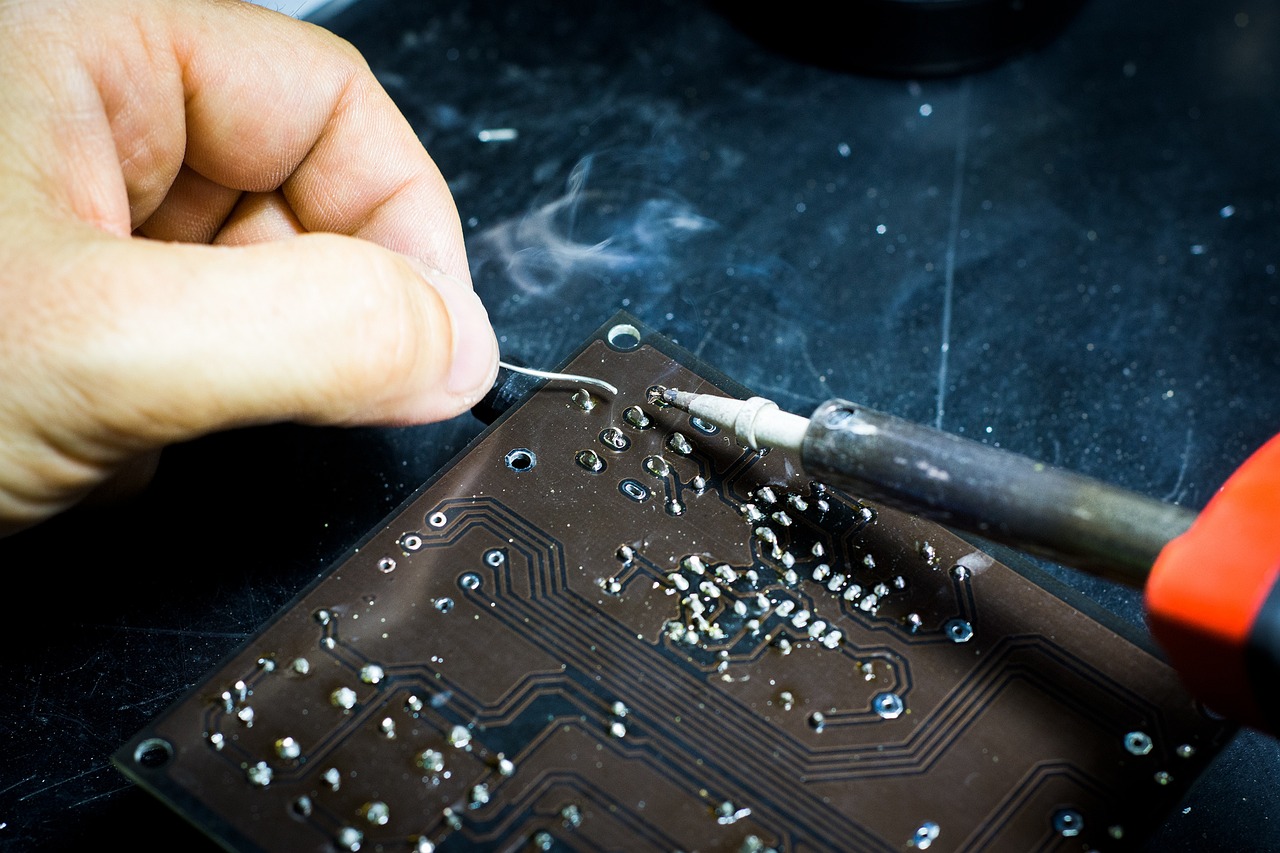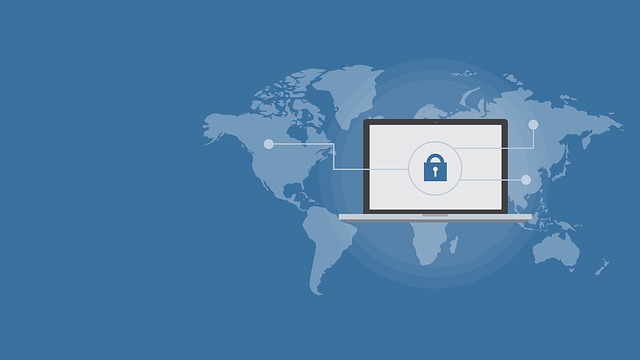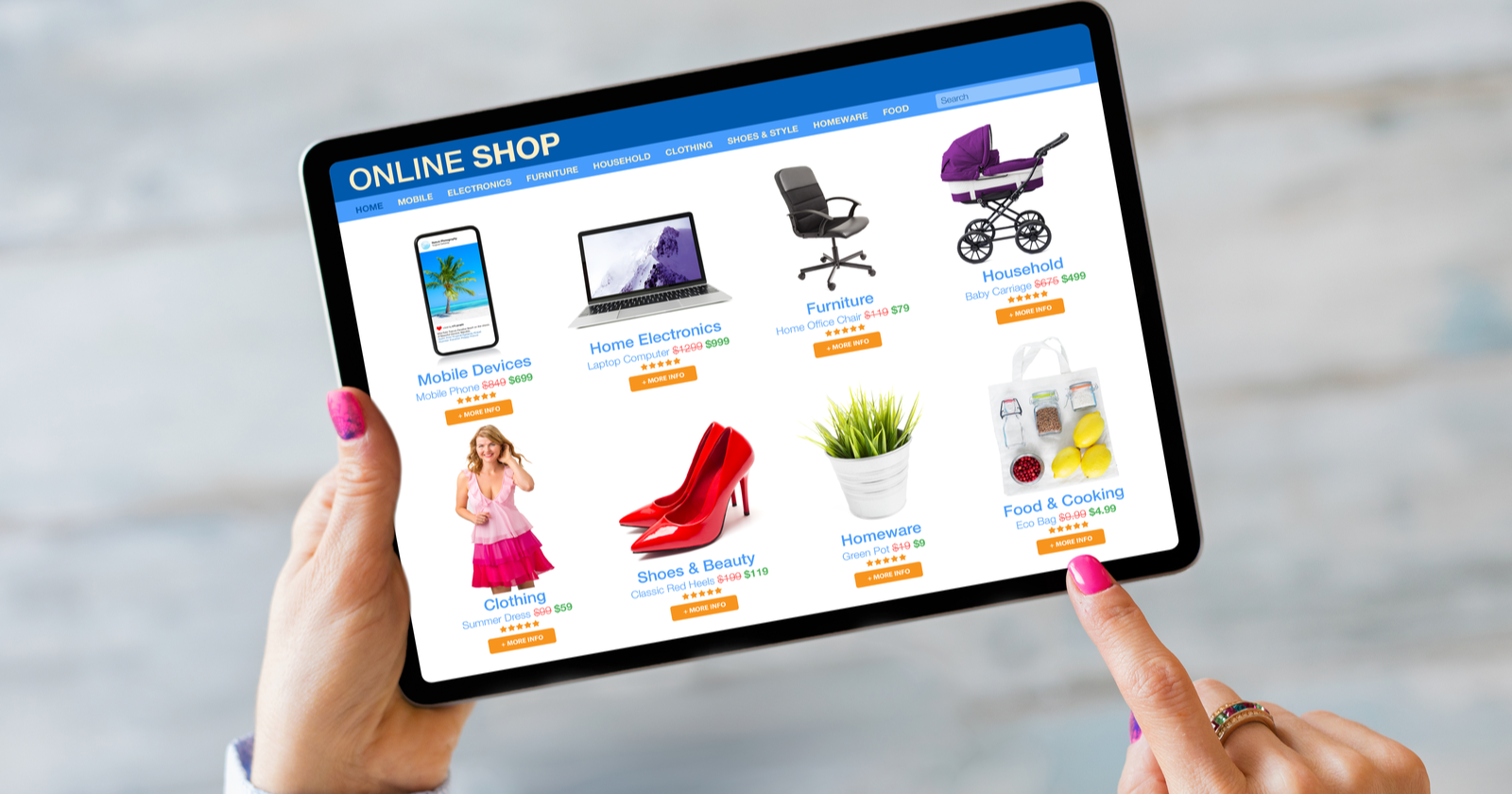How to Protect Your Business Against Product Liability Claims
Does your business manufacture or supply products or components to the general public? If so, you need to keep in mind that you owe consumers a duty of care. If your products/components do not meet certain standards and cause...

Does your business manufacture or supply products or components to the general public? If so, you need to keep in mind that you owe consumers a duty of care. If your products/components do not meet certain standards and cause injury or damage, you can be held financially responsible for damages.
Product liability claims typically fall into three categories: design defects, manufacturing defects, and inadequate warning or instruction labels. Each one of these types of potential liabilities poses a different set of risks, but all can be damaging to your business.
Every state has its own product liability laws, and you should familiarize yourself with the specific requirements in your state. Additionally, you must abide by any existing federal regulations governing the design and manufacture of products or components.
So, what can you do to protect your business from product liability claims? Here are some tips to get you started.
Thorough Product Testing
One of the most important steps you can take to protect your business from product liability claims is to test your products or components thoroughly. Implement and adhere to a rigorous testing process that tests each item for safety and quality before it gets released into the market.
Don’t stop testing even after your product hits the market. Monitor customer feedback and reviews to identify potential issues with your product and address them quickly and effectively if they arise.
The primary purpose of thorough testing is to identify and address all potential design flaws before they cause any harm or damage.
Adequate Warnings and Instructions
Clearly label all products with adequate warnings and instructions for safe use. You should also include instructions on how to properly store, maintain, repair, and dispose of the product when it has reached the end of its life cycle.
If your customers can’t properly use or dispose of your product, you’re placing them in harm’s way. That can open the door to potentially costly personal injury/product liability lawsuits.
Focus on Quality Control
Another critical factor in protecting your business from product liability claims is quality control measures.
Implement a system to ensure the quality of each item that leaves the warehouse or manufacturing facility. This will help you to avoid devastating consequences in the event of a product liability claim.
A good quality control process starts with the design and engineering of the product. It also ensures every product/component goes through multiple rounds of testing before it’s released into the market.
Some tests that must be performed on the product/component include safety tests, quality assurance tests, and overall user experience tests.
Maintain Solid Records
You’ll need to prove that you took all necessary steps to ensure the safety of your products if a product liability claim is made against your business. That’s why it’s essential to keep records of every product/component you manufacture or supply.
The records should include the design specifications, manufacturing process, testing protocols, and other information related to the product/component.
This will help provide evidence that you have met all existing regulatory requirements and have taken all necessary steps to protect consumers from harm.
Train Employees
Be sure to train your employees on safety procedures, particularly those responsible for manufacturing or handling products.
Provide detailed information about the use and maintenance of any machinery or equipment used in production and storage facilities, as well as customer service-related tasks.
Employee training must also focus on the potential risks associated with products and how to minimize them. This will help reduce any potential liability claims against your business.
Check Your Suppliers
Some suppliers usually make changes to the products or components they sell before they make them available to the general public. This can increase the risk of a product liability claim against your business.
Before you commit to buying from any supplier, have them sign an agreement stating they will not make any changes to the products/components or materials you purchase from them.
This will help ensure that the items you use in production are safe and of the highest quality before they are released into the market.
Purchase a Product Liability Insurance
While taking the necessary steps to protect your business will reduce your risk of a product liability claim, it’s still wise to get a product liability insurance policy.
This type of insurance will help cover any legal fees and damages you might be liable for if someone is hurt due to using or handling your products. This can provide invaluable protection for your business.
Ensure you review the policy and discuss any questions or concerns with an insurance professional before signing up for a product liability insurance policy.
Conclusion
Product liability is an ever-present risk, but taking the necessary steps can protect your business from potentially costly lawsuits.
Take the time to understand all relevant laws in your state, invest in thorough product testing and quality control, provide clear warnings and instructions to customers, maintain records of each product/component you produce or sell, and train your employees on safety procedures.
These steps should help keep your business safe from product liability claims.

 ShanonG
ShanonG 


























.jpeg?trim=0,0,0,0&width=1200&height=800&crop=1200:800)





